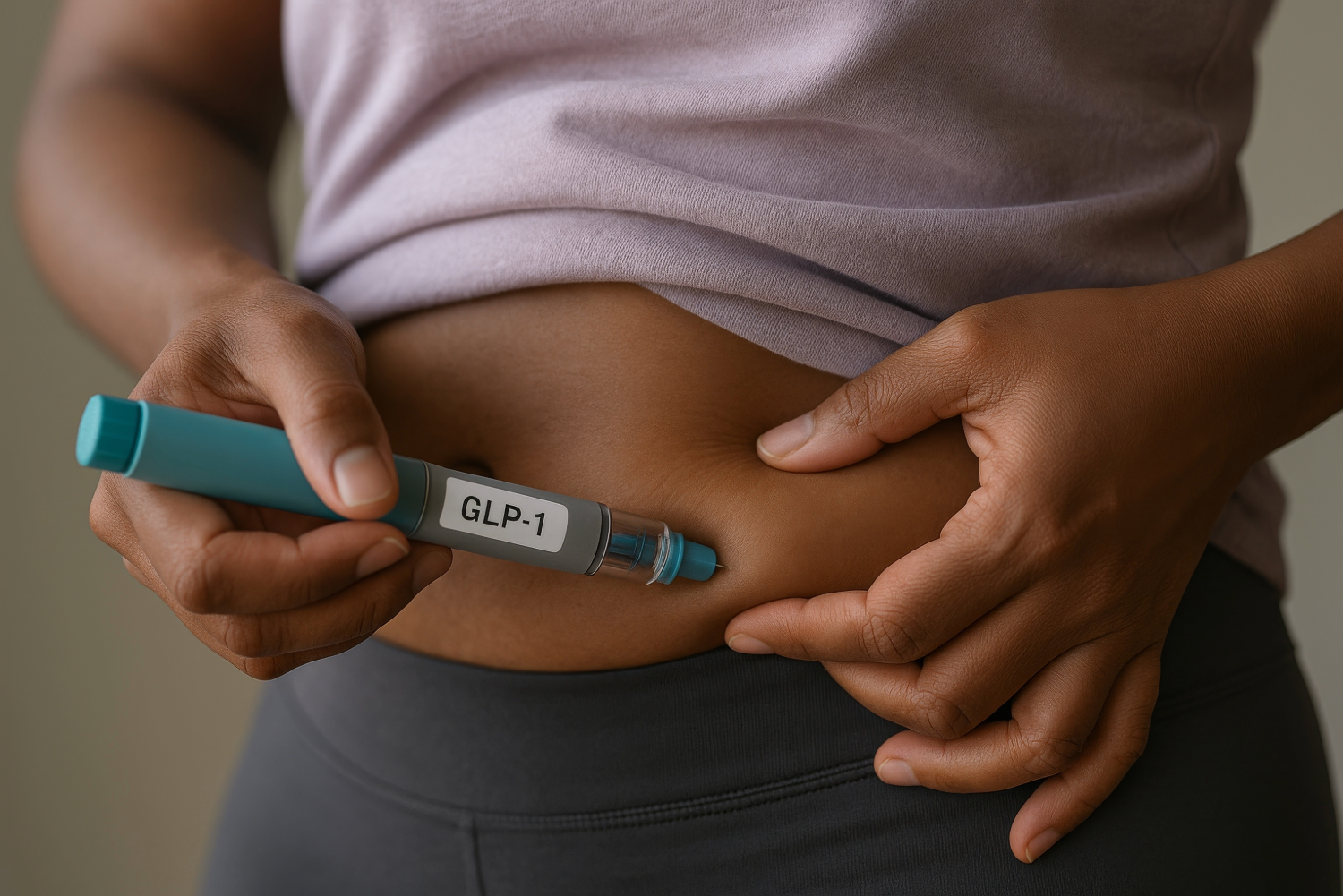News
Is Your Child's Heart Sports Ready?
When a high school football player died of sudden cardiac death it shook a community. When an Olympic favorite in volleyball died in the same tragic way it shook a world. Every year 2000 people under the age of 25 die from sudden cardiac arrest each year estimates the American Academy of Pediatrics. Although sudden cardiac death is rare it should be taken serious. Vail Valley Medical Center (VVMC) along with a group of committed doctors are pooling their expertise and the latest technology in athlete screenings to prevent just that from happening in our community.
Why is athlete screening crucial for sports?
In our state the Colorado High School Activities Association (CHSAA) requires PPEs for all high school athletes because they know one of the best preventions of sports injuries is finding hidden problems before they become major ones. It's not just important to screen for potential injury to limbs - it's also very much about the risk to life. Part of any thorough PPE exam is a check for a healthy heart. "When it comes to sports there are two focuses" explains Dr. Gaul. One focus is on orthopedic screening. The other is screening of the cardio system and lungs to help detect any abnormalities. "The screening is to prevent sudden death which is uncommon but catastrophic and devastating to a community" states Gaul. No one is ever too young to have heart problems.
Why should my 15-year-old consider an EKG?
Although the odds are slim (1 in 100000) a student athlete will die of sudden cardiac death screening the heart through the PPE is the first step to keep your student safe. Heart screenings and the use of EKGs can pick up on easily detectable and treatable heart-related issues as well. "This is an opportunity to screen for common things like high blood pressure which is important in the long-term and also screen for the most uncommon things such as sudden death in athletes" observes Gaul.
Is there an easier less costly way for doctors to test for faulty hearts?
Checking the heart doesn't have to be done in a clinic these days at least not in Eagle County. VVMC's Avanti Cardiology recently purchased a tool an Echo Machine which makes checking your student athlete's heart much more convenient. An Echo Machine is a hand-held cutting-edge machine made by GE about the size of a large flip phone. Inside it has a screen much like a flip phone with sleek simple circular controls. But what it does is far more impressive than any phone - at least in the cardiologist's viewpoint. Only commercially available for two years the tiny machine can take 3-D images similar to an echocardiogram enabling a cardiologist to scan images of the heart right then and there - no matter where you are.
On-the-spot testing for congenital heart problems
Dr. Gaul and his Avanti staff recently helped assess the fitness of hundreds of area middle and high school athletes at Battle Mountain High School. They performed follow-up EKGs on dozens of the athletes checking for heart abnormalities. But right there in the BMHS classroom Dr. Gaul did heart screenings of any athlete with a murmur or other immediately noted inconsistency with the Echo Machine. He performed 50 screenings that weekend with the hand-held machine and picked up on six students who had significant hypertension - only one of which had any history of hypertension.
"The Echo Machine can eliminate something as unnecessary for follow-up and pick up on rare types of congenital heart defects" said Gaul. And most importantly Dr. Gaul's new tool conveniently allows us to say our student athletes are safe to play on.
Student Athletes Injuries and Death
- There were 120 sports-related deaths of young athletes in 2008-2009 50 in 2010 and 40 in 2011
- Sudden cardiac death in children or adolescents is 1 in 100000-200000
- 90 percent of sudden deaths occur immediately post-training or competition
- 1 in 10 student-athletes who suffer sudden cardiac arrest survive
- 95 percent of heart defects are detectable by echocardiograms
Tips from the American College of Sports Medicine Fitness Before you Begin
- Do you feel pain in your chest during physical activity?
- In the past month have you had chest pain when you were not physically active?
- Do you lose your balance from dizziness or ever lose consciousness?
- Do you have a bone or joint problem that could be made worse by change in activity?
- Are you taking prescribed drugs for blood pressure or a heart condition?
More News
-
New!
More

The Heart of It All: How Cardiovascular Health Shapes Longevity
Most of us know a healthy heart will increase our chances for a long and vital life, but how many of us truly understand how to live for a healthy heart? According to the American Heart Association, heart disease remains the number one cause of death, for both men and women, in the United States.
-
New!
More

GLP-1s and Your Health Journey: What You Need to Know
Interest in GLP-1 agonist medications, once used almost exclusively for diabetes, is soaring. Now widely referred to as weight loss injections, drugs like semaglutide (Ozempic, Wegovy) and tirzepatide (Mounjaro, Zepbound) are ubiquitous in celebrity chatter, social media and everyday patient conversations. But as demand grows, it’s increasingly important to separate hype from reality. Who qualifies for these drugs under FDA guidelines? When are they helpful? And when might carefully supported lifestyle changes offer a safer or more sustainable path?
-
New!
More

Back on the Slopes: How to Recover Physically and Mentally After a Ski or Snowboard Injury
Living in a ski town, injury is inevitable. Recovery isn’t just about regaining strength, it’s about building trust in your body. The best path back to skiing blends physical training with mental conditioning, patience with persistence. With the expert teams at Vail Health - from Howard Head Sports Medicine to Vail Health Behavioral Health - recovery is more than healing; it’s coming back stronger, smarter and more confident than before.





